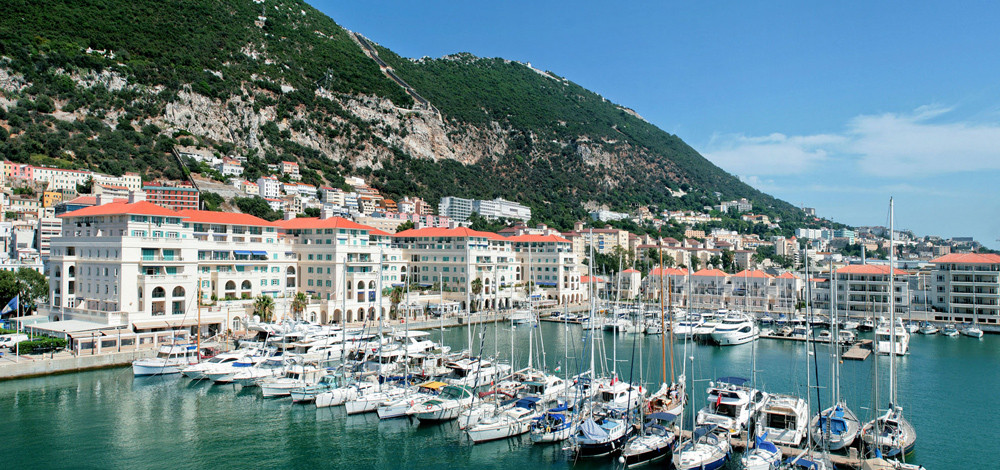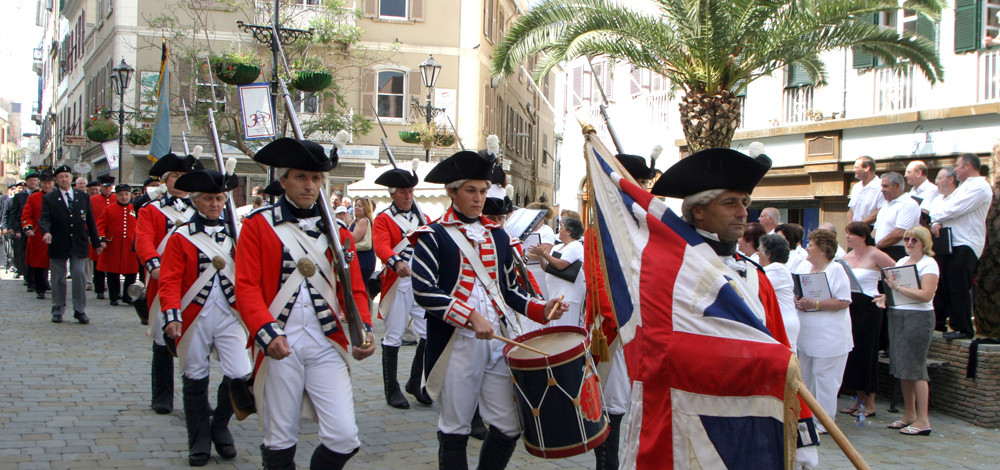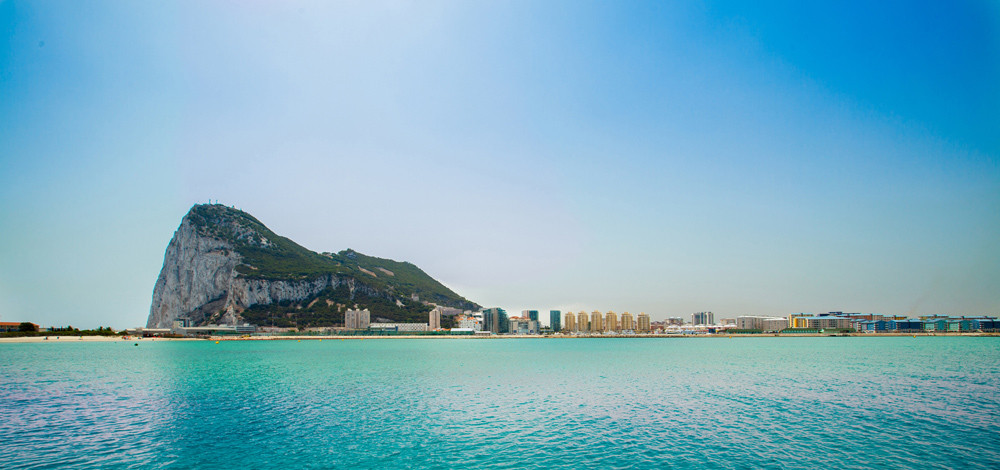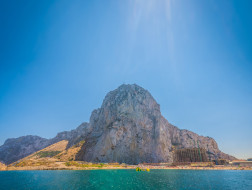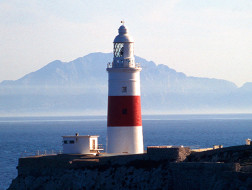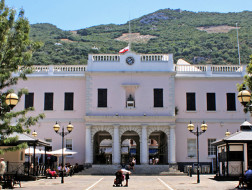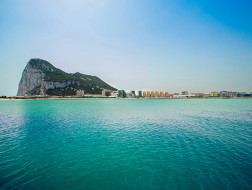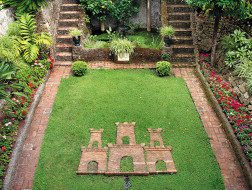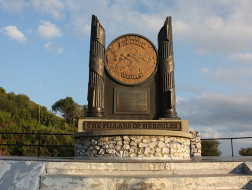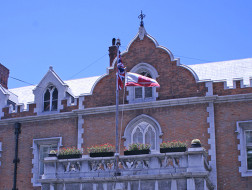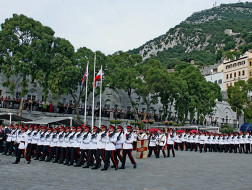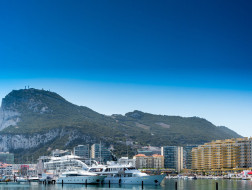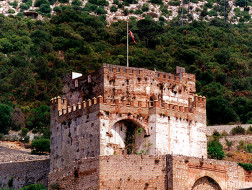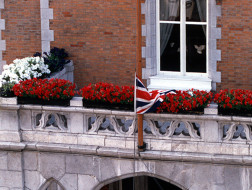Population
It has a population of approximately 30,000 Gibraltarians, representing an international mix of Spanish, Italian, English, Maltese, Portuguese, German and North African, with 75% of the population being Roman Catholic.
Political
Formally, Gibraltar is an overseas territory of the United Kingdom, with King Charles III its head of state. He is represented by a Governor, currently Sir David Steel. UK laws apply. It has its own constitution, adopted by national referendum. Put into effect in 2007, it replaced the previous constitution of 1969. Gibraltar has a unicameral parliament with 17 members, whose head is the Chief Minister, currently The Honourable Fabian Picardo MP of the Gibraltar Socialist Labour Party.
Economy
The economy is 100% services based and benefits from tourism, an extensive shipping trade, and a well-regulated finance centre. Gibraltar has also become a global leader in the virtual gaming industry.
History of Gibraltar
Gibraltar’s strategic importance has given it a long and turbulent history and an influence on world events out of all proportion to its size and population. Its name is a legacy of the 8th century Arab invasion of mainland Spain, when the Moorish leader Tarik based his troop-ships there. The name is derived from Gibel (or Jebel) Tarik, meaning the mountain of Tarik. Although it was captured and held briefly by the Kingdom of Castile between 1309 and 1333, the Rock remained as a symbol of Moslem domination of the Western Mediterranean until finally regained by Spain in 1462. Britain captured the Rock in 1704 during the War of the Spanish Succession. Its cession to Great Britain in perpetuity was confirmed by the terms of the Treaty of Utrecht in 1713, when it became a British possession.
Wide publicity has been given over many years to Spain’s claim to the Rock, the British possession of which it regards as prejudicing its territorial integrity. Despite its obligations under the Treaty of Utrecht, Spain has besieged the Rock on a number of occasions, the most notable being the Great Siege of 1779 to 1783. More recently, pressure has taken the form of a closure of the land frontier between 1969 and 1982. In response to this threat, the constitution granted in 1969 enshrines a commitment by the British Government, which has been frequently reaffirmed, never to cede the territory to Spain against the wishes of the population.

